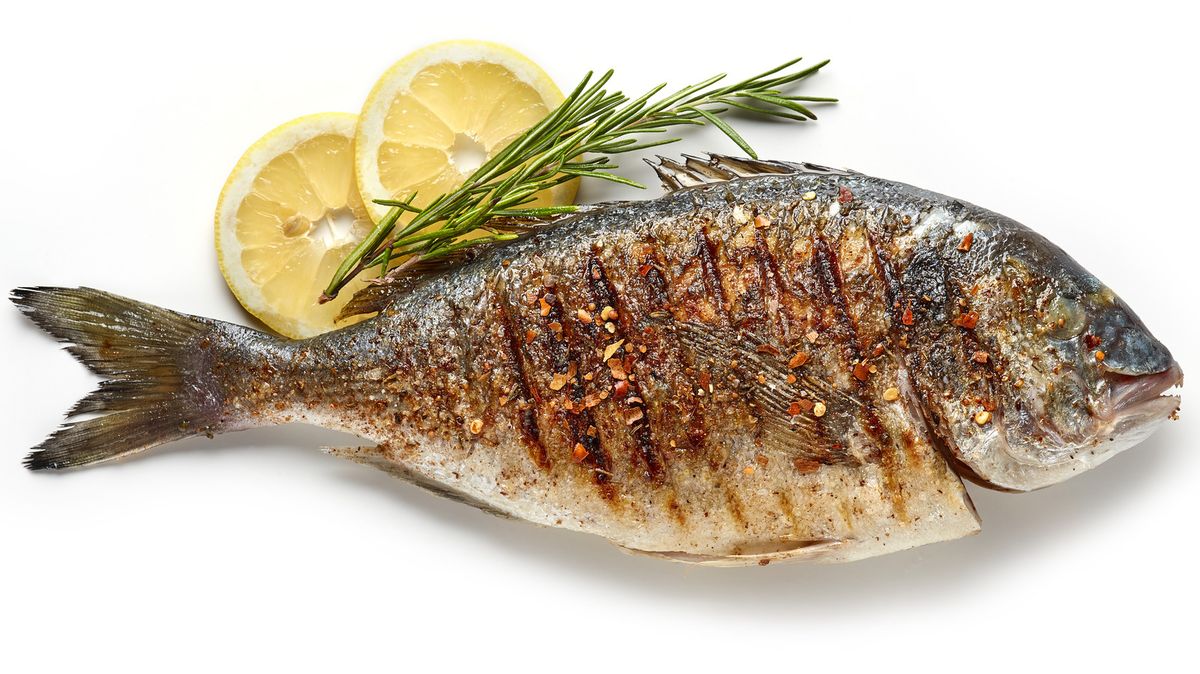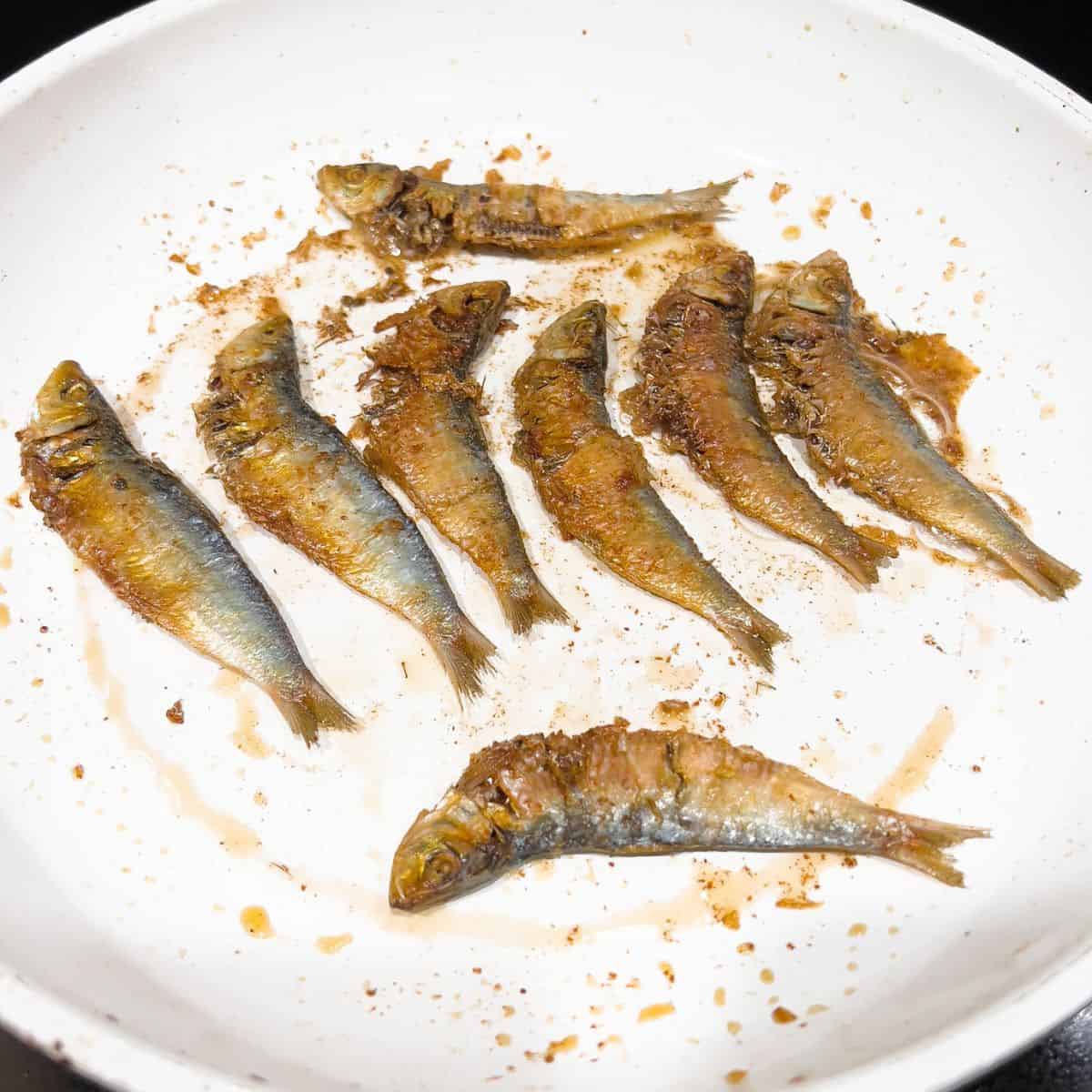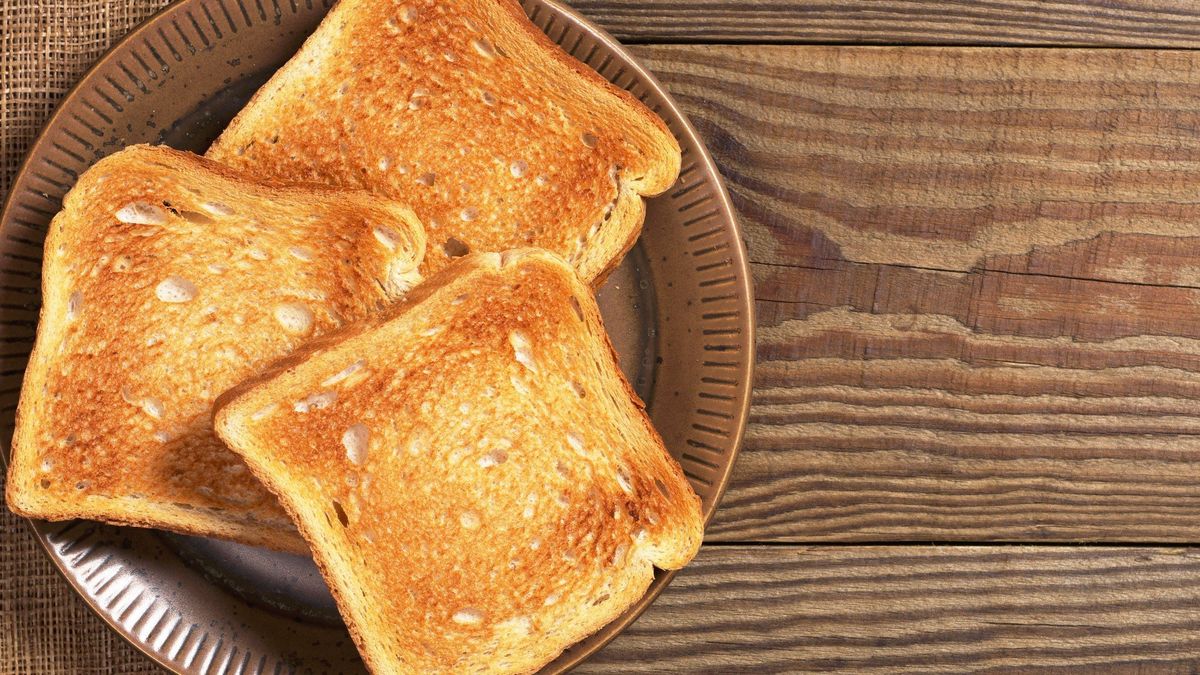How to Manage Your Diet with a Hiatal Hernia
If you have been diagnosed with a hiatal hernia, you may be wondering how to adjust your diet to manage your symptoms. A hiatal hernia occurs when the upper part of your stomach bulges through the diaphragm and into your chest cavity. This can cause symptoms such as heartburn, acid reflux, and difficulty swallowing. Making changes to your diet can help alleviate these symptoms and improve your overall quality of life.
Here are some tips for eating with a hiatal hernia:
- Small, Frequent Meals: Instead of eating three large meals a day, opt for smaller, more frequent meals. This can help prevent your stomach from becoming too full, which can exacerbate symptoms of a hiatal hernia.
- Avoid Trigger Foods: Certain foods can trigger symptoms of acid reflux and heartburn. These may include spicy foods, citrus fruits, tomatoes, and caffeine. Pay attention to how your body reacts to different foods and avoid those that worsen your symptoms.
- Stay Upright After Eating: After a meal, try to remain upright for at least 2-3 hours. This can help prevent stomach acid from flowing back into your esophagus and causing discomfort.
- Chew Thoroughly: Taking the time to chew your food thoroughly can help ease the digestive process and reduce the likelihood of experiencing acid reflux.
- Avoid Tight Clothing: Wearing tight clothing, especially around your waist, can put pressure on your stomach and exacerbate symptoms. Opt for looser, more comfortable clothing choices.
- Stay Hydrated: Drinking an adequate amount of water throughout the day can help aid digestion and prevent symptoms of acid reflux.
- Consider Your Timing: Eating too close to bedtime can increase the likelihood of experiencing acid reflux symptoms. Try to eat your last meal at least 2-3 hours before lying down.
- Seek Professional Guidance: If you are struggling to manage your symptoms through diet alone, consider seeking the guidance of a registered dietitian or healthcare professional. They can provide personalized recommendations to help you manage your condition.
It’s important to remember that everyone’s experience with a hiatal hernia is unique, and what works for one person may not work for another. It may take some trial and error to determine which dietary changes are most effective for managing your symptoms. By being mindful of your eating habits and making small adjustments, you can take control of your diet and improve your overall well-being while living with a hiatal hernia.
Remember, always consult with your healthcare provider before making any significant changes to your diet or lifestyle, especially if you have a medical condition such as a hiatal hernia.
For those dealing with a hiatal hernia, some recipes from the article offer both comfort and health benefits. The Quinoa and Vegetable Stir-Fry is a great choice due to its high fiber content and easily digestible ingredients. The Chicken and Vegetable Soup provides a soothing option that's gentle on the stomach. For a light yet satisfying meal, the Brown Rice and Black Bean Salad is excellent, offering a mix of protein and fiber. For a quick and nutritious snack, try the Hummus and Veggie Wrap. Seafood lovers can enjoy Baked Salmon with Dill and Lemon, which is rich in omega-3 fatty acids and easy to digest. Finally, the Banana Oatmeal Smoothie makes for a great breakfast or snack that's both filling and gentle on the digestive system.











